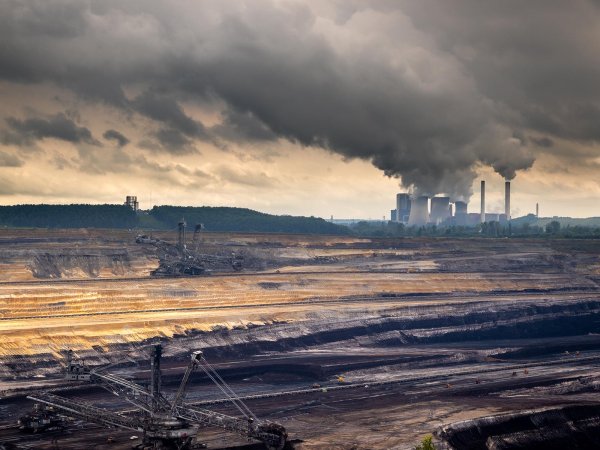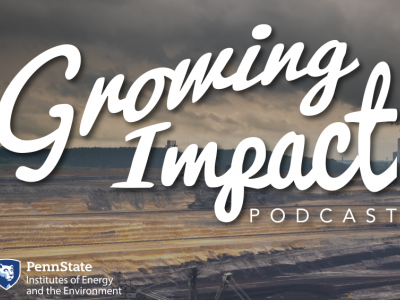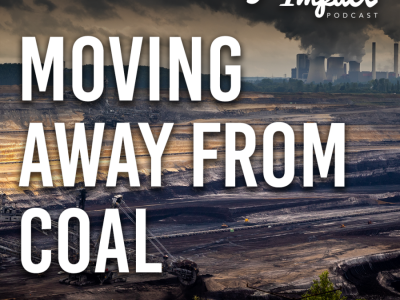
Electricity generation is a significant contributor to ambient air pollution. Coal-fired power plants, which make up a large portion of US electricity generating capacity, emit high levels of pollutants such as sulfur dioxide, nitrogen oxides, mercury, and acid gases into the air. The operation of these plants represents a substantial threat to environmental quality and human health and well-being in surrounding communities. These impacts vary depending on plant operations and exposures may differ by socioeconomic group, motivating a need to consider the distributional effects of electricity generation on air quality.
In the past decade, the United States has seen about a 50 percent decline in the use of coal for electricity generation, which has corresponded to a marked decline in coal-fired power plant operations. These reductions provide the opportunity—using an interdisciplinary modeling and empirical approach—to examine: (1) the variation in exposure to pollution generated by changing coal-fired power plant operations; (2) the impacts of coal-fired electricity generation on human health and wellbeing; and (3) the distributional effects of energy transitions and policy. Moreover, despite these afore-outlined reductions in coal production and consumption, nearly a quarter of domestic energy generation is powered by coal (EIA, 2019). Thus, understanding the environmental, health, and economic implications of coal-fired power plant reductions provides a necessary input to developing sustainable, equitable, and impactful energy policy.
Resulting Publications
-
Designing Retirement Strategies for Coal-Fired Power Plants To Mitigate Air Pollution and Health Impacts, Carla Campos Morales, Emily L. Pakhtigian, Joel R. Landry, Hannah Wiseman, An T. Pham, and Wei Peng, Environmental Science & Technology, 2024 58 (35), 15371-15380 DOI: 10.1021/acs.est.4c00704
Researchers
Wei Peng









